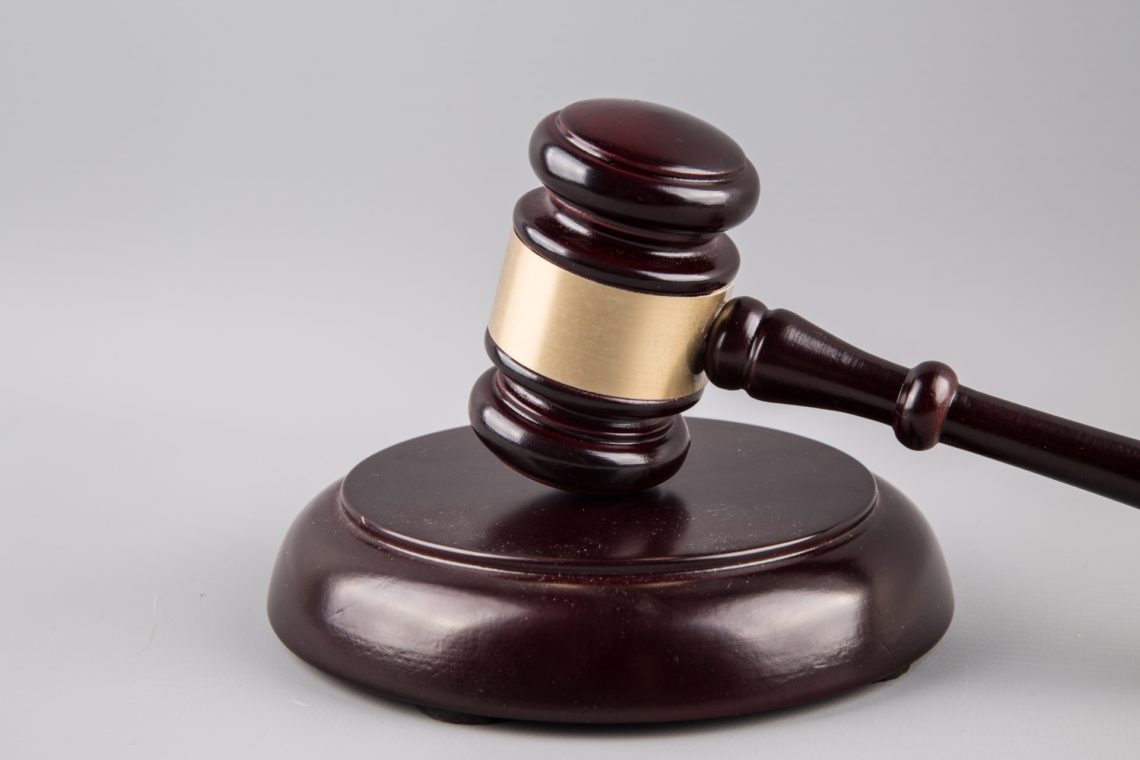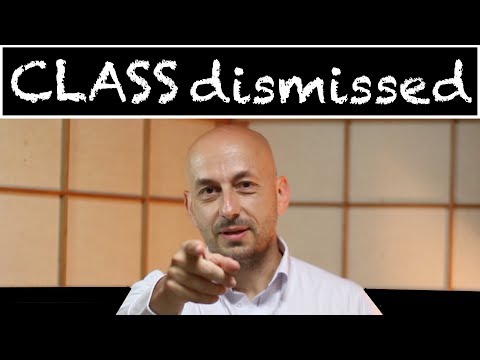Adam Patrick Browne’s life tragically ended on October 8, 2018. He was run over by a car driven by his former fiancée, Victoria Keaveny, after she consumed alcohol at a restaurant in Gastonia, North Carolina. Pursuant to a settlement filed under seal in Gaston County Superior Court, that restaurant will pay wrongful death proceeds to Browne’s estate for its role in the tragic incident, namely serving alcohol to Keaveny, who at the time was 19 years old. Although nothing could ever fully repair the harm of losing a loved one, wrongful death claims offer a potential civil remedy when the death is caused by the wrongful conduct of another party.…
-
-
INTERVIEW WITH MARY PAVLINCHAK
What are your responsibilities at Lindley Law? From open to close, I help clients and prospective clients get their questions answered. Even if their legal issue is not something we can help with, it is my job to listen to them and let them know that they are heard. As office administrator, I am also responsible for keeping the office functioning. This responsibility is not easy to define – I make sure we are organized, have sufficient supplies, and remain as efficient as possible as we address our clients’ concerns. Finally, as paralegal, I work in support of and in tandem with the attorneys to ensure we…
-
ENFORCING A FOREIGN JUDGMENT
You just won a civil judgment, but the judgment debtor is in another state. How are you going to enforce it? Consider a simple example: ABC Corporation (“ABC”) forms a contract with XYZ, Inc. (“XYZ”) wherein XYZ agrees to purchase 1,000 widgets from ABC at $100 per widget and ABC agrees to deliver the widgets to XYZ at a particular location on a particular date. XYZ renders payment in full, but on the date of delivery, ABC only delivers 500 widgets. XYZ sues for breach of contract and wins; however, the lawsuit occurred in South Carolina pursuant to a provision in the contract that requires dispute resolution to occur there,…
-
EMOJIS IN COURT (*CONFUSED FACE EMOJI*)
With the continued rise of social media platforms and the increased prevalence of smart phones, courts are presented with the conundrum of interpreting the legal import of emojis, or small digital images that express an idea without the use of alphabetical characters. The written expressions of a litigant or witness to a case provide valuable evidence; however, in the case of emojis, the meaning of those expressions can become convoluted. For example, courts have found that emojis can be interpreted to mean: a contract was formed; an individual was communicating a threat; or the communicant possessed guilty knowledge. The North Carolina Rules of Evidence, similar to all other states,…
-
NORTH CAROLINA RV DEALERSHIP PLANTS ITS FLAG
With the Fourth of July approaching, skylines and neighborhoods will be dotted with American flags. This widely known symbol of patriotism and pride can sometimes lead to legal issues. Take, for example, the 40×80-foot American flag flying above the parking lot of Gander RV (formerly Camping World) in Statesville, North Carolina. CEO Marcus Lemonis publicly refused to take the flag down, despite increasing fines for its alleged violation of a city ordinance limiting the size of flown flags. Statesville passed the relevant ordinance in an effort to prevent the growing practice of displaying Confederate flags. Lemonis, and others, objected that the ordinance applies to flags of any kind, even…
-
AMERICAN ASSOCIATION OF POLITICAL CONSULTANTS, INC. v. FCC: “Robocalls” and the First Amendment
In a recent decision, the Fourth Circuit Court of Appeals addressed the First Amendment implications of federal debt-collection automated calls. More specifically, the court analyzed the Telephone Consumer Protection Act (the “TCPA”), a law which protected such calls as an exemption to its general prohibition against calls to personal phones using an automated telephone dialing system. What is the TCPA? In 1991, Congress enacted the TCPA to protect consumers from unwanted, unsolicited, and intrusive automated calls, which were becoming ubiquitous. Initially, the law recognized two exemptions to the general prohibition on the practice commonly known as robocalling: calls to notify the public of an emergency and calls made…
-
UPDATE: LET THEM DRINK LEMONADE
What’s better than a cold glass of lemonade in the summer sun? With summer upon us, lemonade stands are in the news once again. Texas passed a law permitting the sale of lemonade or other nonalcoholic drinks at stands on private property. How does North Carolina handle lemonade stands? Previously discussed by Lindley Law, perhaps it is time for a refresher on the legality of this refreshment. Laws, Permits, and Ordinances, Oh My! Setting up a lemonade stand may seem like it should be simple; however, the regulations young entrepreneurs must understand and comply with may leave a sour taste. Some states require a business license, obtained…
-
THE SHAREHOLDER LAWSUIT AGAINST PYXUS INTERNATIONAL: A VIEW OF CLASS ACTION CASES
A class action lawsuit was filed in the United States District Court with the Eastern District of North Carolina against Pyxus International, Inc. (“Pyxus”). The lawsuit focuses on those persons who acquired shares in Pyxus between June 7, 2018 and November 8, 2018, a period which coincides with steep drops in the company’s share price. Class action lawsuits are common shareholder litigation, but what exactly is a class action lawsuit? State or Federal Court? Class action lawsuits are available in state court – including North Carolina state court – as well as in federal court. Since its effective date, the Class Action Fairness Act of 2005 (the “Act”)…
-
INTERSAL, INC. v. SUSI H. HAMILTON, et al.: a Separate Battle over Pirates and Treasure
In another case distinct from last week’s shipwreck blog post, salvage company Intersal, Inc. (“Intersal”) seeks to overturn a decision in favor of the North Carolina Department of Natural and Cultural Resources (the “NCDNCR”), the Secretary for the NCDNCR, the State of North Carolina, and the now-dissolved non-profit company Friends of Queen Anne’s Revenge (“FQAR”). Unlike the previous blog post, which addressed alleged copyright infringement, the litigants to the instant dispute are debating the enforceability of two contracts between the parties, whether the NCDNCR breached those contracts, and whether FQAR induced NCDNCR’s alleged breach. The Permits In 1994, the NCDNCR granted two permits to Intersal to search for…
-
FREDERICK ALLEN and NAUTILUS PRODUCTIONS, LLC v. ROY A. COOPER, III, et al.: a Battle over Piracy and Sunken Treasure
The plaintiffs in Frederick L. Allen and Nautilus Productions, LLC v. Roy A. Cooper, III,, et al., a four-year civil lawsuit over the rights to video and photographic footage of the recovery of the wreckage of the Queen Anne’s Revenge (the ship captained by the infamous pirate known as Blackbeard), recently filed a petition for a writ of certiorari seeking the United States Supreme Court to rule on the dispute. The History of the Queen Anne’s Revenge In the early eighteenth century, Blackbeard commandeered the slave ship La Concorde, renaming it the Queen Anne’s Revenge and captaining the ship for years near the Outer Banks of North Carolina. …







